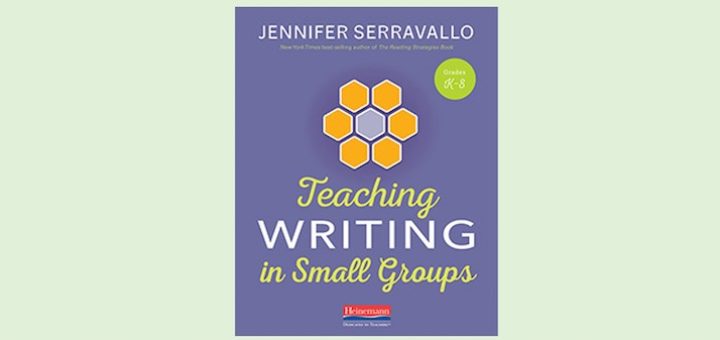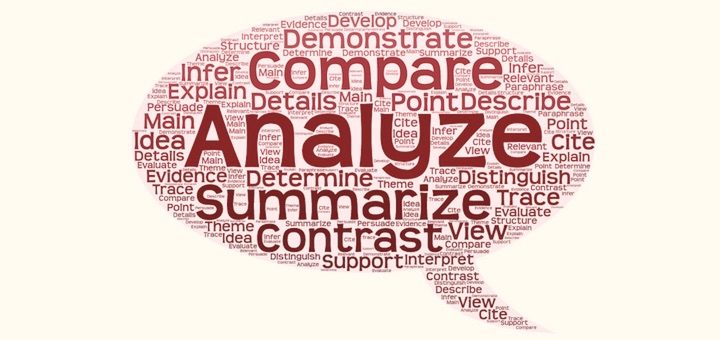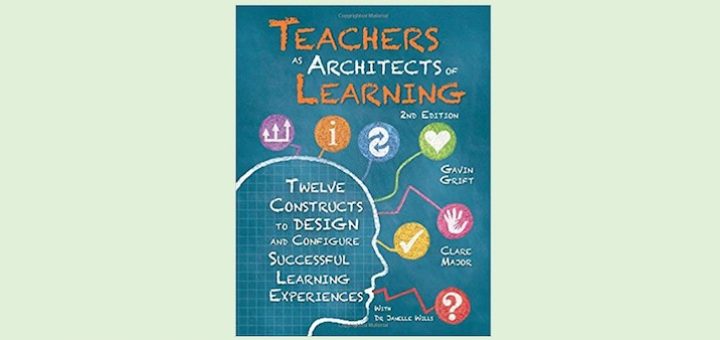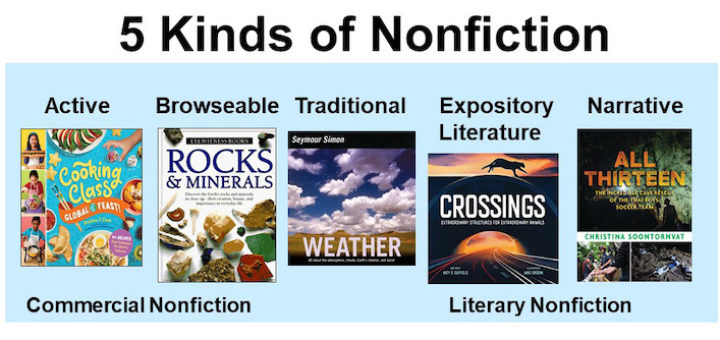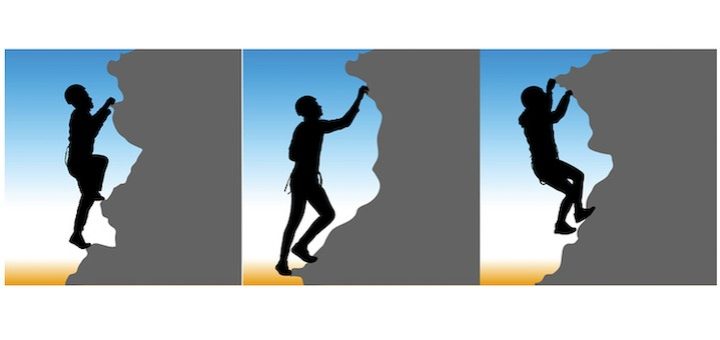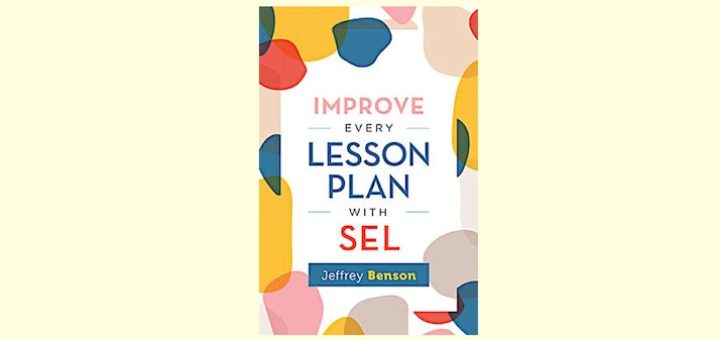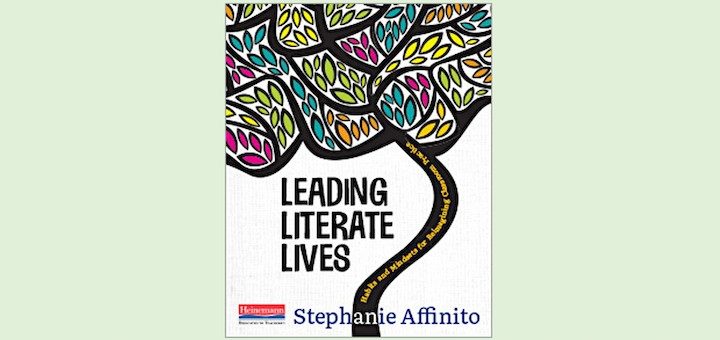All You Need to Teach Writing in Small Groups
After making a strong case for small group instruction during the writing process, Jennifer Serravallo shares how to implement and develop six types. Teacher Jennifer Wirtz loves the access to videos of groups in action and the printables for students. Highly recommended.

